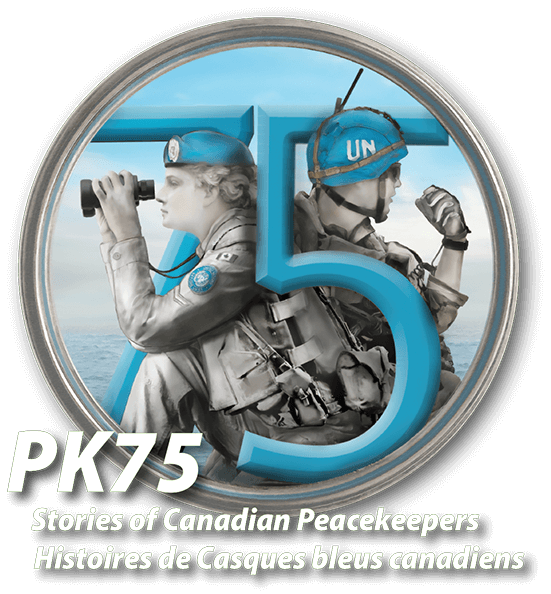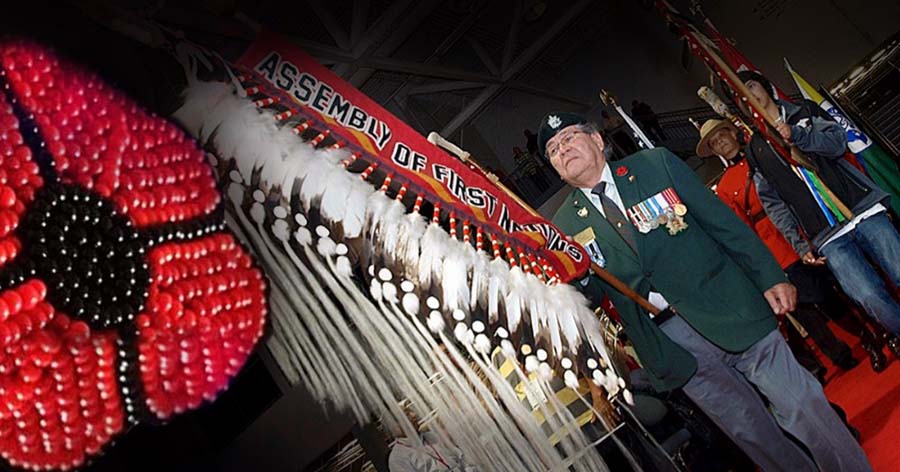
Every November, a sea of red poppies decorates the lapels of Canadians, a powerful tribute to the sacrifices made by veterans. However, a different emblem stands out for some—the beaded poppy. These handcrafted symbols offer a vivid connection to history. They represent the bravery and the unique challenges of First Nations veterans, whose contributions to the Canadian military have often been overshadowed.
Assembly of First Nations A Shared History, A Shared Responsibility
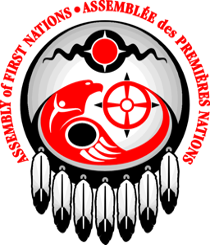 The Stories of First Nations Veterans
The Stories of First Nations Veterans
First Nations people have a long and proud tradition of military service. They fought for Canada and a future of equal rights and freedom. While over 7,000 First Nations individuals are recorded to have served in the First and Second World Wars and the Korean War, the actual number is likely more significant. This discrepancy is due to incomplete historical records, inconsistent record-keeping, and the marginalized status that these soldiers faced.
While some First Nations volunteered for service, motivated by a sense of duty or the pursuit of opportunities, others faced coercive measures such as status revocation or the promise of land and rights upon their return—promises that often went unfulfilled.
Upon returning home, these veterans commonly faced systemic discrimination, further compounded by the broader challenges facing their communities, such as the lingering effects of colonization and the painful legacy of residential schools. They were also often denied the benefits and support available to other Canadian veterans.
The legacy of First Nations contributions extends beyond traditional war efforts into global peacekeeping. First Nations have been an integral part of Canada's peacekeeping missions worldwide, from the Sinai Peninsula to Bosnia and Rwanda, and served in Afghanistan as well. They have consistently brought unique perspectives rooted in traditional knowledge and values—such as respect, honour, and fairness—to conflict resolution, thereby enriching Canada's peacekeeping efforts. These values are deeply ingrained in First Nations cultures and traditions, making their contributions to global peacekeeping unique and invaluable.
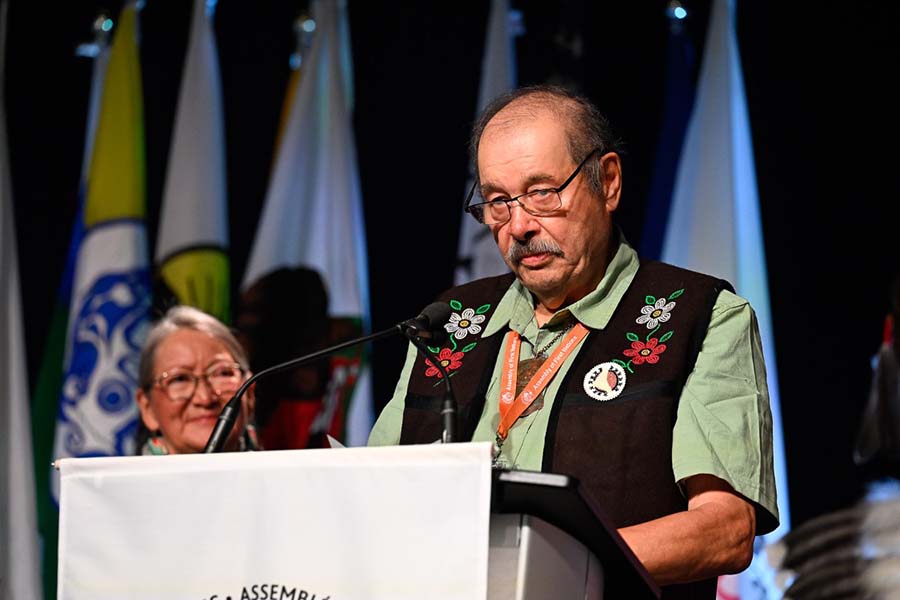
Northern Ranger Charles ‘Chuck’ Hume addresses the AFN Annual General Assembly as Knowledge Keeper Council co-chair.
The Critical Role of the AFN Veterans Council
In a landscape of complex challenges, the Assembly of First Nations (AFN) Veterans Council (the Council) has played a vital role in advocating for justice, recognition, and support. The Council comprises veterans from various First Nations communities, and their advocacy extends beyond ceremonial tributes, focusing on concrete issues like post-service healthcare, culturally relevant services, and rights for First Nations veterans.
The Council maintains an ongoing dialogue with First Nations Chiefs and communities, ensuring that First Nations veterans' unique needs and challenges are addressed. A significant achievement of the Council is the Letter of Understanding (LOU) with Veterans Affairs Canada, which aims to redress historical injustices and the unique challenges faced by First Nations veterans today.
Unforgettable Legacies: The Eagle Brothers
Legacies like that of Sergeant Thomas Eagle and Sergeant James Eagle underscore the invaluable contributions of First Nations veterans. Hailing from Tootinaowaziibeeng Treaty Reserve in western Manitoba, Canada, these brothers were survivors of residential institutions and proud service members in the Queen's Own Rifles of Canada Regiment.
Thomas became a Platoon Commander and Sergeant in Germany, as part of Canada's contribution to the North Atlantic Treaty Organization (NATO). James, too, distinguished himself in South Korea and Germany, retiring as a Sergeant. Both contributed significantly to various organizations, including Friendship Centers, Veterans Associations, Human Rights Commissions, and the AFN Veterans Council.
Though the brothers have joined the Spirit World, their legacy is far from forgotten. They remind us of the untold sacrifices and invaluable contributions First Nations veterans have made during conflict and the continued fight for equality and recognition. The AFN Veterans Council works to carry on their legacy and advocacy for equality, recognition, and justice for First Nations veterans.
A Shared History, A Shared Responsibility
As we approach Remembrance Day on 11 November and National Indigenous Veterans' Day on 8 November, let us remember the sacrifices of those who have served, and honour those who continue to serve. Lest we forget First Nations veterans and peacekeepers whose courage, skills, and wisdom enrich not only our collective history and national heritage, but also Canada's future.
The beaded poppy signifies a profound legacy of service, sacrifice, and an ongoing struggle for justice. It serves as a reminder that our shared history demands a shared responsibility to build a more inclusive, more equitable future that duly honours the contributions and sacrifices of all who have served.
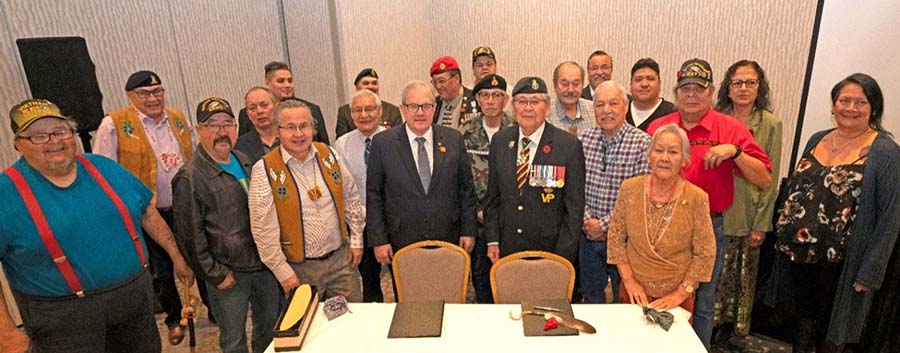
Assembly of First Nations (AFN) Veteran’s Council sign the Letter of Understanding with Veterans Affairs Canada in April 2023.


